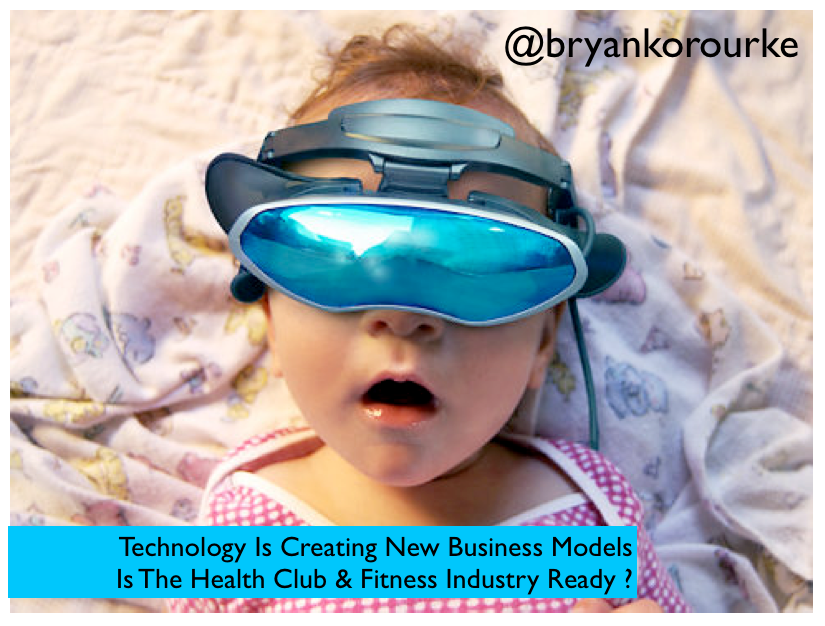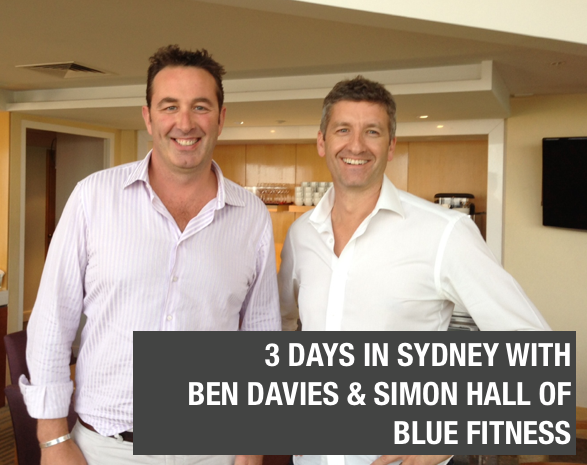As 2013 Arrives How Most Organizations Planned For It Was Wrong
/
Conventional wisdom is getting a swift kick in the rear thanks to the fact that business is changing so quickly. The environment of business has entered an age of extreme uncertainty . The result is tremendous opportunity for those who can navigate it well. However legacy thinking creates a big obstacle for some less nimble groups burdened by old school thinking; let me explain why.
Relying on high degrees of assumption to knowledge ratios when attempting to do new things can lead to costly blunders. Therefore when evaluating business strategies planning processes must change. Many businesses, however, have not changed how they plan because their leaders arrogantly believe they know the answers and their assumptions are right. That's a mistake.
As professor Rita McGrath so eloquently shares in the video below, when exploring new opportunities where organizations are unable to rely on past experience, discovery driven growth is a better method of planning. As she puts it, " when you are operating on assumptions, being right is not a solution because you don't know." Rita is correct, in areas that have great uncertainty, planning to be right is not a wise choice. However planning to take on initiatives that embrace new conceptsat low cost , while learning from them quickly, is a more prudent practice.
Check out Rita's video and if you are able her book, Discovery Driven Growth . Is your business trying new things while assuming it is right ? Let me Bryan O'Rourke hear about how you conducted planning for 2013. Was it via the Discovery Driven Method or some relic of planning from the past ?
About the author:
Bryan O’Rourke is a health club industry expert, technologist, financier, shareholder and executive in several fitness companies. He works for Fitmarc, which delivers Les Mills programs to over 700 facilities in the US. He advises successful global brands, serves as a member of the GGFA Think Tank and serves as CEO of the Fitness Industry Technology Council. To learn more contact Bryan here today .










